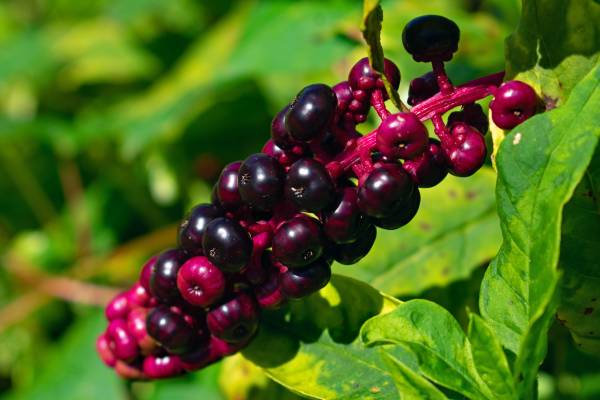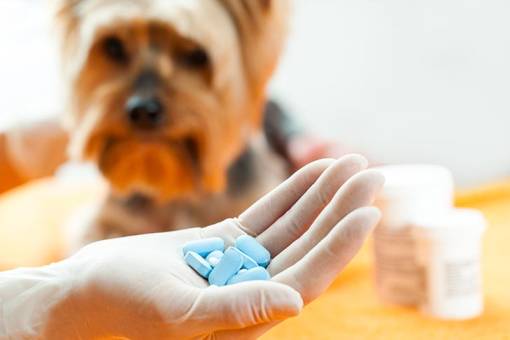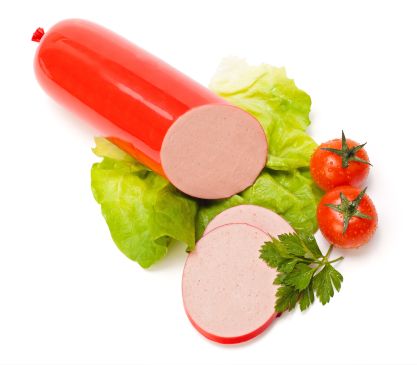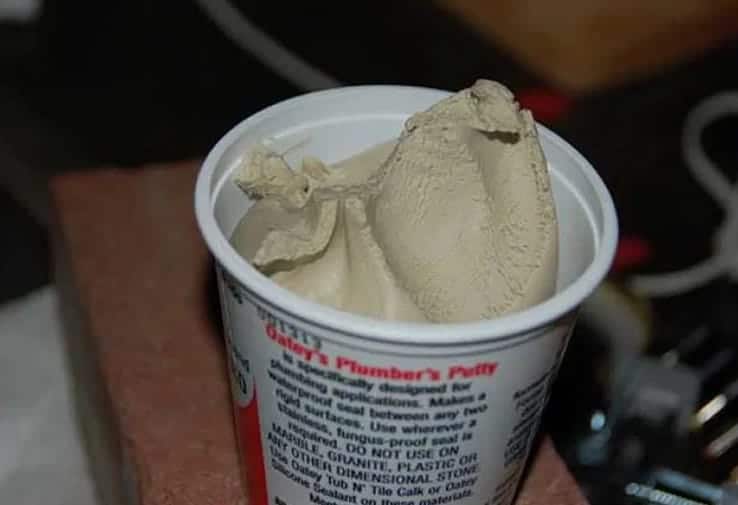Connect with a verified veterinarian in minutes. Licensed vets are available 24/7 to answer your questions. No need to worry about your furry family member.
When you’re out hiking or walking with your dog, it’s possible to come upon areas that are overgrown with weeds. There are many varieties of weeds found across the US, including American Pokeweed. Some dogs may be curious about the weed and try to eat it! But what happens if a dog eats American Pokeweed?
Has your dog eaten American Pokeweed? Are you worried that the American Pokeweed will make your dog sick? If so, you’ve come to the right place. We understand it can be scary when your dog eats something like this.
We’ve gathered information about American Pokeweed and whether it can make a dog sick. Let’s get started!
What is American Pokeweed?
American Pokeweed, also called Phytolacca americana (Pokeweed, Poke Sallet, Dragon berries, and Inkberry), is an herbaceous perennial plant of the Pokeweed family. The American Pokeweed grows to about 4-10 ft tall and has green leaves on a red or purple stem, with a large white taproot. The plant has flowers that are green to white, which are then followed by berries that are red or purple in color.
Pokeweed is found in eastern North America, the Midwest, and the South, with some scattered across the West. The berries of this plant are eaten by birds and some other animals (non-mammalian species).
So, what happens if a dog eats American Pokeweed?
American Pokeweed & Dogs
Unfortunately, American Pokeweed is extremely toxic to dogs (and other mammals—including humans). All parts of the plant are toxic and can cause severe symptoms if ingested. It’s possible a dog or other animal could even die from eating this plant.
The plants contain saponins, phytolaccine, and oxalic acid. Each of these substances is toxic to dogs.

Review symptoms, medications & behavior to keep your pets healthy with a Vet Online in just minutes.
Ask a Vet Live NowSymptoms of American Pokeweed Ingestion in Dogs
You may notice these symptoms if your dog has eaten American Pokeweed:
- Excessive drooling
- Vomiting
- Diarrhea (may be bloody)
- Abdominal pain
- Anemia
- Seizures
- Respiratory distress
- Stomach & intestinal inflammation
- Lack of appetite
- Hypotension
- Death
If you notice any of these or other symptoms in your dog, call the vet immediately. This is an emergency.
Note: The severity of the poisoning can vary from dog to dog.
Treatment of American Pokeweed Ingestion in Dogs
Treatment depends on your dog’s symptoms. For instance, if your fur baby is having breathing difficulties, the vet may give him supplemental oxygen. Your canine companion could also be placed in an oxygen cage or receive oxygen via flow-by therapy, depending on his condition.
Fluid therapy is usually started right away to prevent dehydration, and the fluids work to flush the toxins out of the dog’s system. Your fur baby may also require activated charcoal to decontaminate his system. The vet may also give your dog medications to protect the lining of his stomach and intestines.
In extremely severe cases of poisoning, it’s possible that a dog may require a blood transfusion and additional medications, depending on the dog’s symptoms.
The prognosis is best for dogs who receive prompt medical treatment after eating American Pokeweed. If you have American Pokeweed in your yard or near it, it’s best to have this plant removed completely. In addition, when you’re on walks or hikes with your dog, pay close attention to what he tries to sniff or eat. You’ll both be happier for it!
Connect with a verified veterinarian in minutes. Licensed vets are available 24/7 to answer your questions. No need to worry about your furry family member.

Kyoko
Kyoko is from a family of 3 and moved to New York with her parents and siblings when she was 13. Kyoko is fond of spending a great amount of time with pets, specifically her beagle Luna and cat Missy. Her boyfriend often complains that she spends too much time giving attention to their animals. Kyoko has written dozens of articles concerning pets and is aiming at owning a pet shop one day!
Review symptoms, medications & behavior to keep your pets healthy with a Vet Online in just minutes.
Ask a Vet Live Now





